Dreampunk Fantasy

by CliffJonesJR
Cyberpunk, dieselpunk, steampunk... dreampunk? Unlike its better established siblings, this rather nebulous fantasy subgenre is not rooted in technology or a reimagining of a different era. Quite simply, it is rooted in dreams.
Common elements of the genre include "dream logic" (which may not be entirely logical), simple fairy-tale-like surface plots with deeper levels of hidden significance, old-fashioned gadgetry, occult symbolism, mythological references or retellings, and Jungian psychology. A typical dreampunk story (if such a thing can be said to exist) may well feature clockwork, airships, dystopian governments, nefarious corporations, robots, ghosts, magicians, fairies, and the like, but these elements are all subservient to the central premise that consciousness is king. That is to say, the subjective experience of our characters is what concerns us most, even if that experience has very little to do with objective reality.
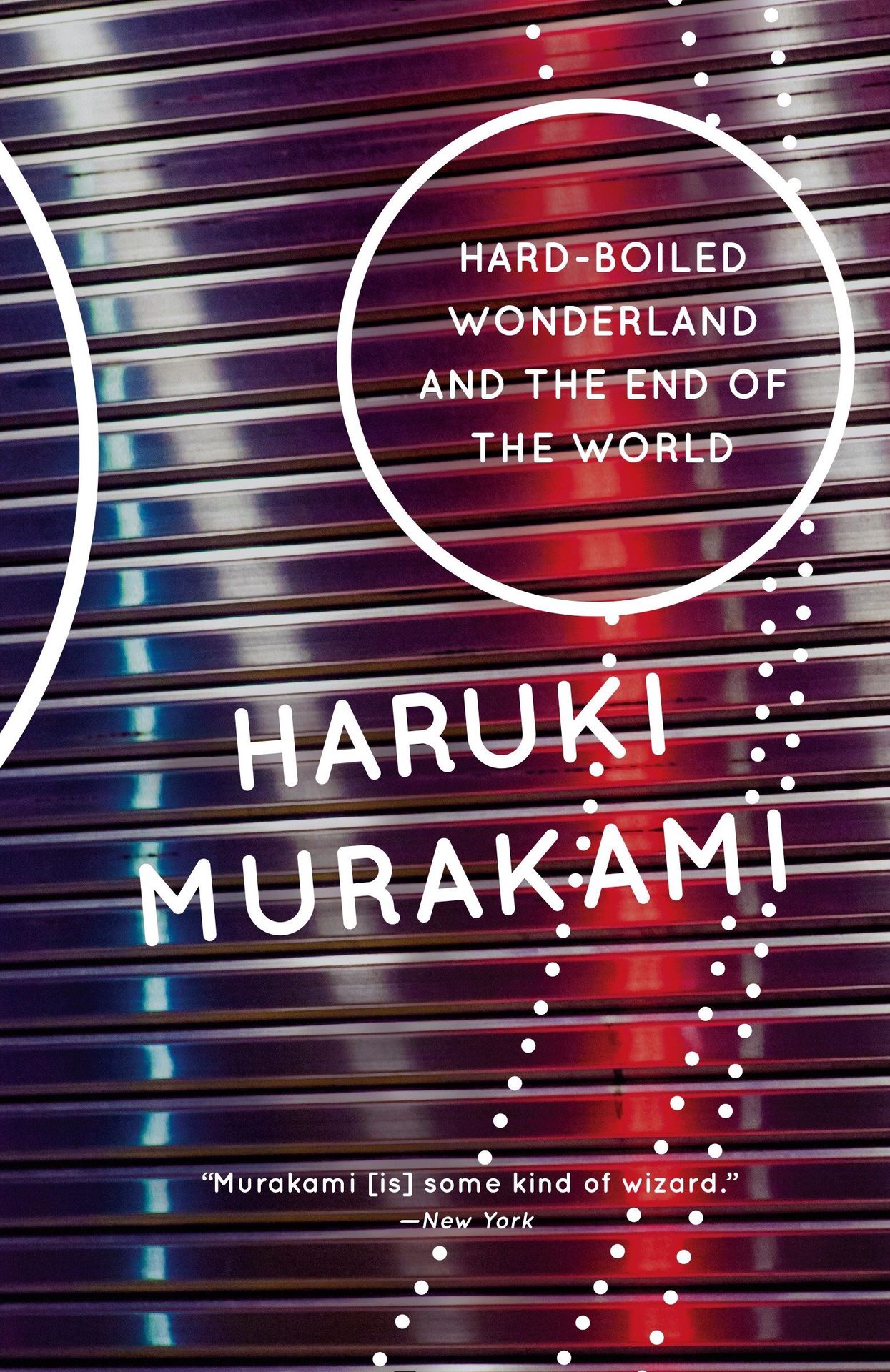
The first dreampunk story that comes to mind—perhaps the defining work of the genre—is Alice's Adventures in Wonderland, by Lewis Carroll. This book was of course published long before the label "dreampunk" was devised, but its retroactive categorization as a dreampunk story fits better than any other genre I've heard. The Alice stories have a good deal in common with steampunk, but there is no focus on technology, and their main action takes place within a dream.
In contrast to Wonderland and the Looking-Glass World (two distinct places, despite what Tim Burton would have you believe), there is no indication in L. Frank Baum's Oz books that Oz is anything other than a real place, albeit magical and very well hidden. That said, the classic film adaptation did present Oz as a sort of dream, populated as it was with fantastic counterparts to Dorothy's real-world acquaintances. In short, Baum's novel The Wonderful Wizard of Oz was probably not a work of dreampunk fantasy, but MGM's film The Wizard of Oz most definitely was.
This is not to say that every dreampunk story must take place within the framework of a literal dream. A dream could be the waking life of a character who is mentally ill, or perhaps just extremely imaginative. Or it could be the result of a hallucinogenic drug, or divine revelation. For a story to be called "dreampunk," some form of dreaming should play an important role, perhaps affecting consensus reality or even in some way supplanting it. In my literary experience, the writer that best exemplifies this aesthetic is undoubtedly Philip K. Dick.
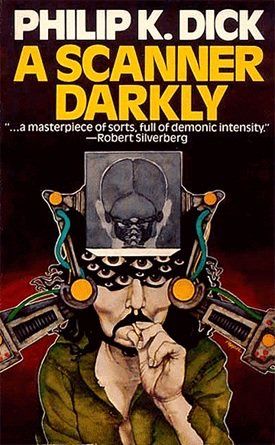
Although Dick is best known for action-packed film adaptations of his science fiction work (Blade Runner, Total Recall, and Minority Report, to name a few), his stories tend to focus less on technology or alien life per se and more on the nature of consciousness and reality itself (more apparent in A Scanner Darkly). They are full of Jungian archetypes, supernatural visions, false realities, and drug consumption—all typical elements of dreampunk.
As an example of the sort of questions raised in the work of Philip K. Dick, if two people share the same dream, does that make it in some sense real (as in Radio Free Albemuth)? What if several people ingest a drug that consistently allows them to participate in a shared hallucination (as in The Three Stigmata of Palmer Eldritch)? What if a particularly strong-minded individual were able to impose their subjective experience of the universe onto the minds of others (as in Eye in the Sky and Ubik)? If everyone on earth were affected, could reality be said to have changed (as in Flow My Tears, the Policeman Said)? It would certainly seem that way to everyone on earth. How can we be sure this scenario is not already the normal state of affairs?
In Lewis Carroll's Through the Looking-Glass, the brothers Tweedledum and Tweedledee show Alice the sleeping Red King, telling her that he's dreaming the entire world. If he were to wake up, they say, it would all disappear. Alice claims not to believe them, but the idea frightens her all the same. At the end of the story, it becomes clear that her adventure in the Looking-Glass World was indeed a dream. But the haunting question is raised, "Which dreamed it?" Alice or the Red King? And if the latter, then isn't it possible he's still dreaming the world into existence even after Alice imagines herself to be awake?
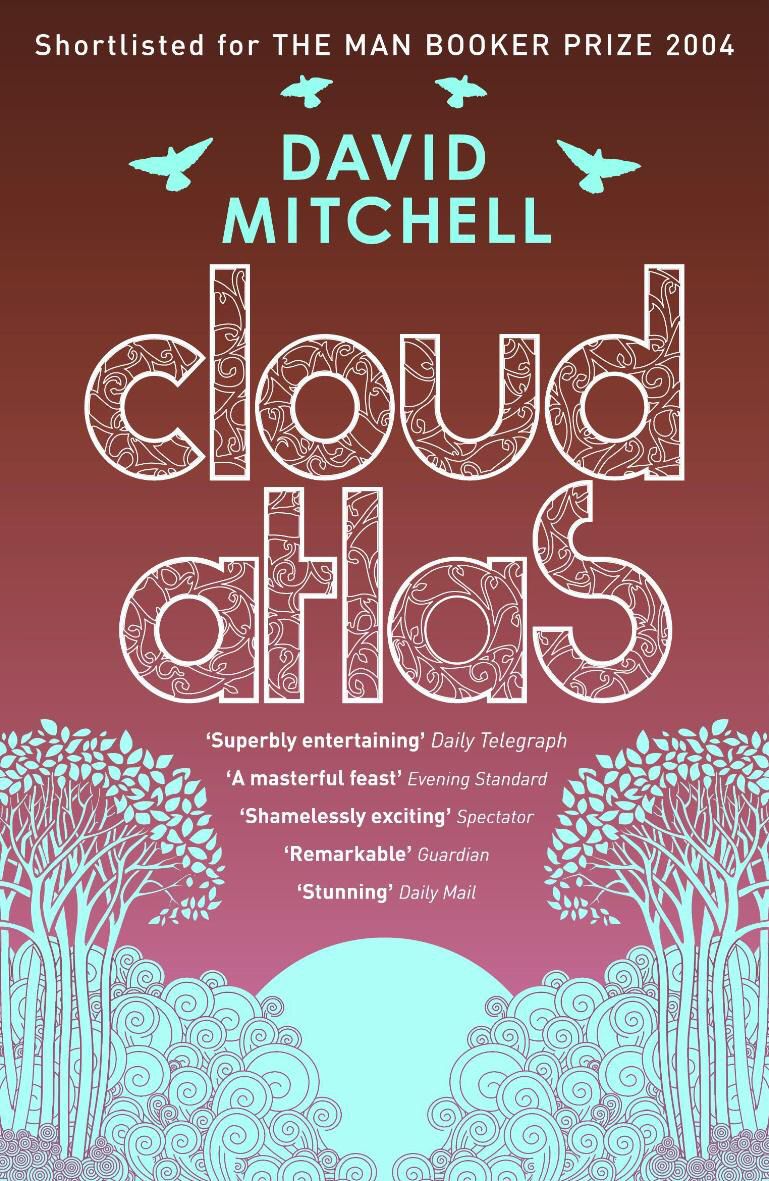
Philip K. Dick described himself as an "acosmic pantheist." He believed there was no such thing as an external reality, only the endlessly complex mind of God. What he's essentially saying is that the Tweedles were right: "Life is but a dream."
Okay, so dreampunk is about dreams, illusions, consciousness... If that sounds a bit vague, it's because the genre really isn't all that well defined yet. It is up to us, the weavers of dreams, to decide what dreampunk will become.
In addition to the works of Lewis Carroll and Philip K. Dick already cited (and my own stories, of course), the following novels are also good candidates for the "dreampunk" label:
* Hard-Boiled Wonderland and the End of the World, by Haruki Murakami
* American Gods, by Neil Gaiman
* The Neverending Story, by Michael Ende
* The Lathe of Heaven, by Ursula K. Le Guin
* Cloud Atlas, by David Mitchell
* The Buried Giant, by Kazuo Ishiguro
* Seconds, by Bryan Lee O'Malley
* The Dead City Blues, by Yelena Calavera
* The Wrinkle in Time series, by Madeleine L'Engle
* The Dark Tower series, by Stephen King
* The Dune series, by Frank Herbert
* The Gormenghast series, by Mervyn Peake
* The Illuminatus! trilogy, by Robert Shea and Robert Anton Wilson
A tip of the hat also to James Joyce's Finnegans Wake (which is one long, indecipherable dream), series like Twin Peaks and Stranger Things, and movies like The Matrix, Inception, Eternal Sunshine of the Spotless Mind, The Science of Sleep, Brazil, The Imaginarium of Doctor Parnassus, Lost Highway, Perfect Blue, Paprika, What Dreams May Come, Raising Arizona, and Joe Versus the Volcano.

Example of Dreampunk on Wattpad:
Adeleide in Ozghard by CliffJonesJr
Synopsis:
Somewhere... down the rabbit hole, over the rainbow, and straight on till morning... there is a world that still remembers the ways of magic. It is a small island of life, an insulated bubble in a vast, frozen desert. This land, "the Enduring Land," is home to diminutive gnomes, gargantuan trolls, spellbinding elves, and a secretive family of goblins pulling all the strings. And living among them is an underclass of "Shadows"... who look a lot like us.
Adaleide Batiste is a girl with two souls. Her other self, her secret self, is a restless spirit named Ada. Together, the pair make their way across the lightbridge to Ozghard, where a chain of events is set into motion that threatens their lives and their freedom. Between two worlds, the girls uncover the truth of their past, which leads them bumbling, stumbling, and tumbling headlong into the future.
Excerpt:
Reduced to a puddle on the floor of the hallway, Adaleide found herself alone. Or perhaps a better word would be disconnected. She lay there awhile, spreading inch by inch, seeping under the door of room 23. She basked in the starlit glow of her hotel room, soaking in the warmth of a thousand distant suns.
After a time—some unquantifiable slice of eternity—Adaleide noticed a tether, a thin silver chain connecting her to Earth. The line stretched taut through the window and into the night sky. Drop by drop, her liquid self slid smoothly along the chain until she was whole again on the other side. Finding herself back in the park near Granny's house, she crossed the stream once more, taking care not to let her feet actually make contact, afraid she'd melt away in the dazzling current of hydrogen, oxygen, and microscopic life.
This world was wet, obscenely so. That other place was cold and dry... and mostly dead. Only a modest little bubble of life still remained on its surface. A cage within a cage within... what? The apparent distance between planets was more solid than the planets themselves. It was a thirsty sponge drawing everything slowly into itself. The same was true of the space between atoms, and within them, and so on. In the world of life, there was no empty space, only the infinite ether peppered sparsely with the deviations we call matter.
The park was empty, so Adaleide took a step into Granny's bedroom. One long step, right through the wall. The room was different. Granny was different. In fact, it wasn't Granny at all but Adaleide's mother, now thin and frail with white hair and decades of anguish on her brow. She was an old woman, almost withered back into dust. She lay in bed, sleepless... waiting.

Inspirations:
Setting
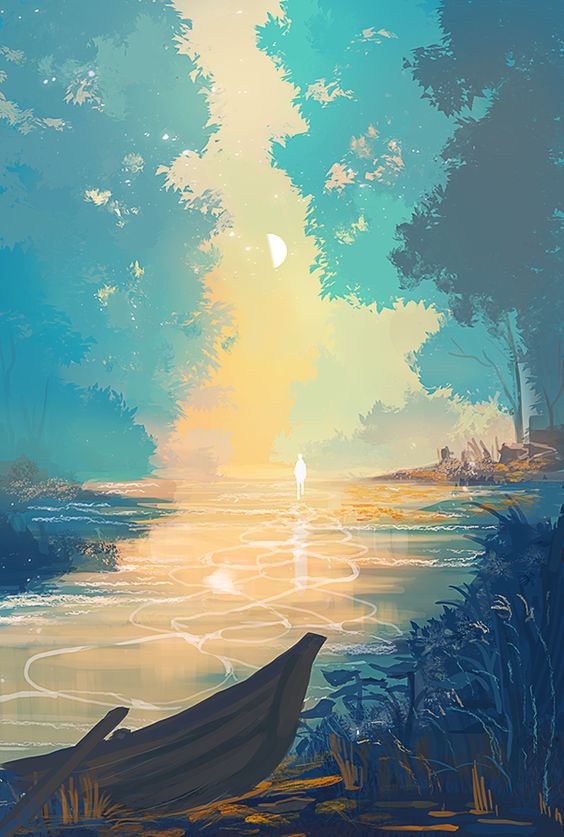
Characters
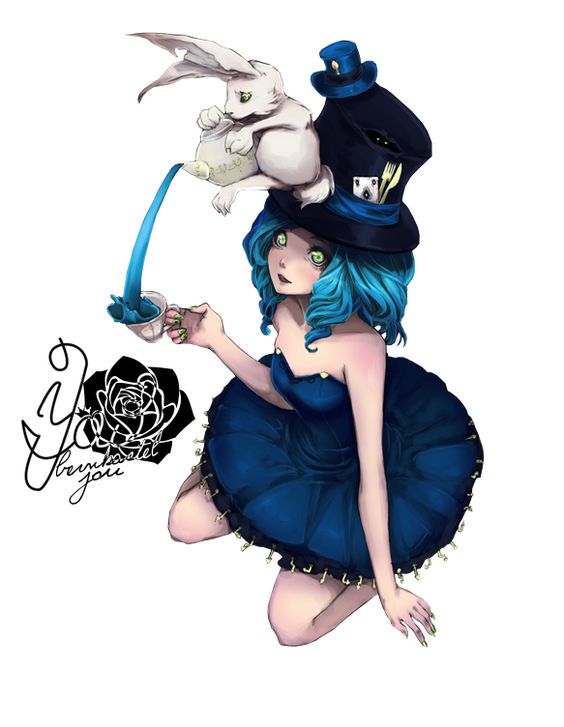
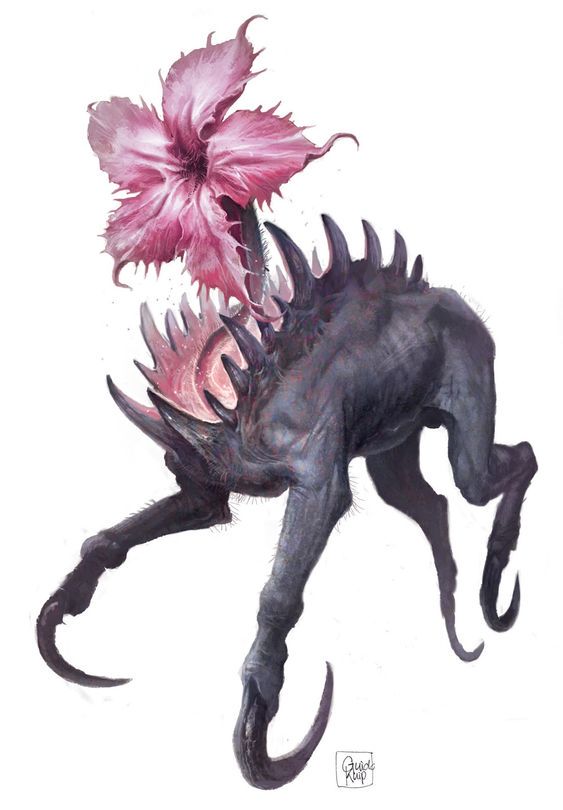
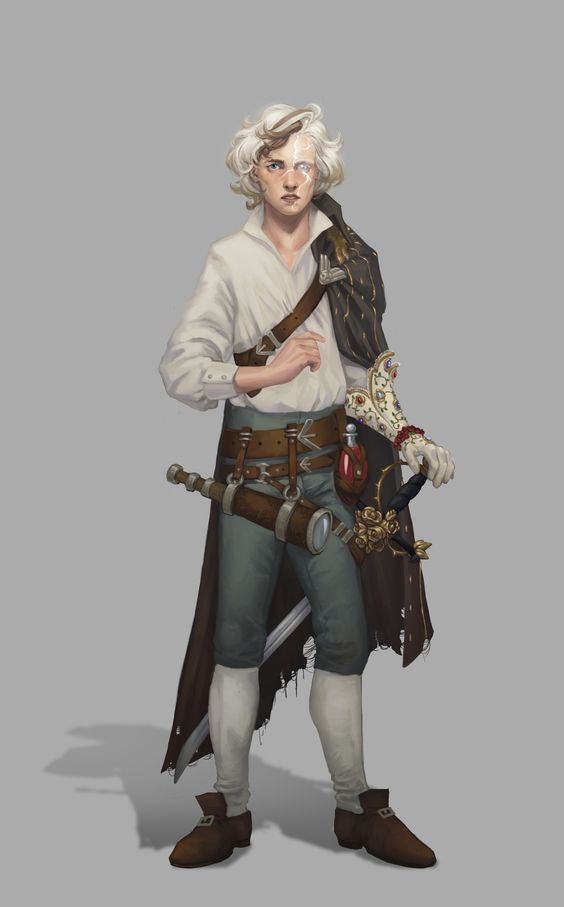
Music
https://youtu.be/94pC9wfSTpY
Bạn đang đọc truyện trên: AzTruyen.Top